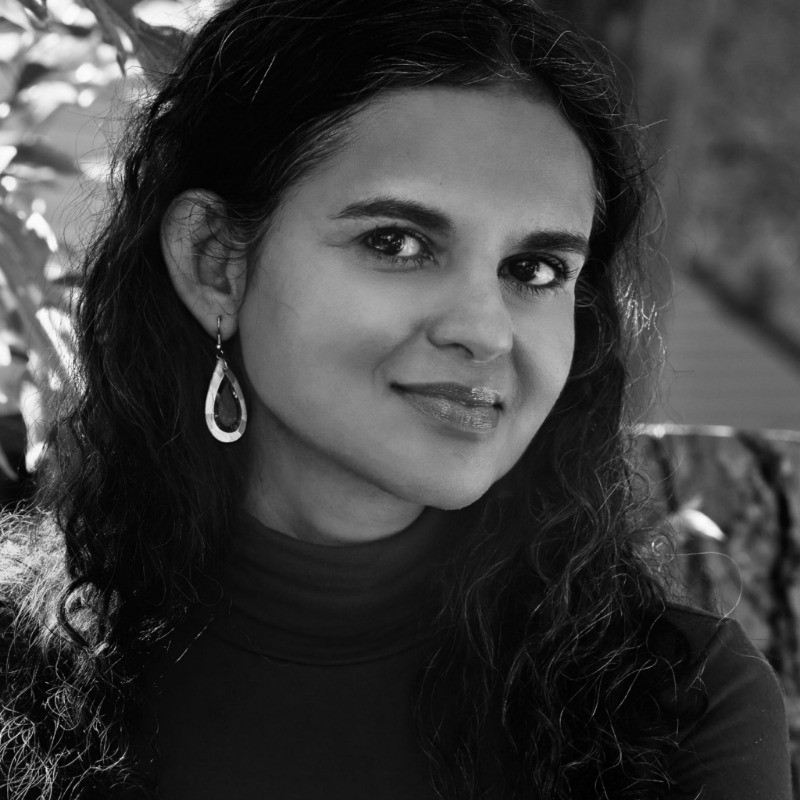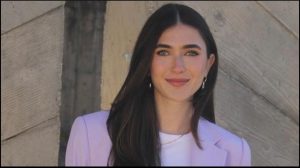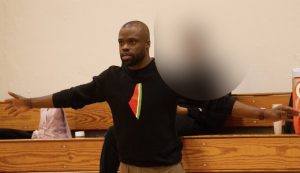A controversy has erupted at Lone Star College in Texas, centering around Dr. Gemini Wahhaj, a professor who recently expressed her displeasure on Facebook regarding students being required to attend a “holocaust museum session.”
The professor’s comments have sparked a debate over the educational approach and the underlying issues surrounding the Israeli-Palestinian conflict. In this article, we delve into the background of Dr. Gemini Wahhaj and the context that has fueled this controversy.
Who is Dr. Gemini Wahhaj?
Dr. Gemini Wahhaj is a Bangladeshi American writer and professor at Lone Star College, as indicated by her contact information provided on the college’s website. Her academic office is located in ACAD 217 D, and she can be reached via email at [email protected] or by phone at 281-765-7997.
Also Read: Who is Linda Sarsour? New York activist warns pro-Palestine crowd about Zionists
Dr. Wahhaj has a notable literary background, having authored her debut novel, “The Children of This Madness,” during her time as a graduate student in the creative writing program at the University of Houston. The novel, published in December, explores the complex history of Bengalis living in Texas amid the Iraq war.
The controversy arises against the backdrop of heightened tensions in the Israeli-Palestinian conflict. The recent attack by around 1,500 Hamas and Islamic Jihad militants on Israel, resulting in casualties and hostages, has intensified the longstanding conflict.
Israel’s response with air strikes and a ground invasion of Gaza has further escalated the situation, leading to widespread demonstrations and calls for a ceasefire. Expressions of support for Palestinians have sometimes evolved into support for Hamas’ actions and, in some instances, overt antisemitic threats.
Also Read: Massive apartment fire in Brooklyn claims several lives, at least 17 injured | Watch video
Wahhaj’s post raises questions about the intersection of academic freedom, diverse perspectives, and the sensitive nature of discussing global conflicts within an educational context. The incident has prompted a broader discussion on the role of academia in addressing contentious geopolitical issues.







